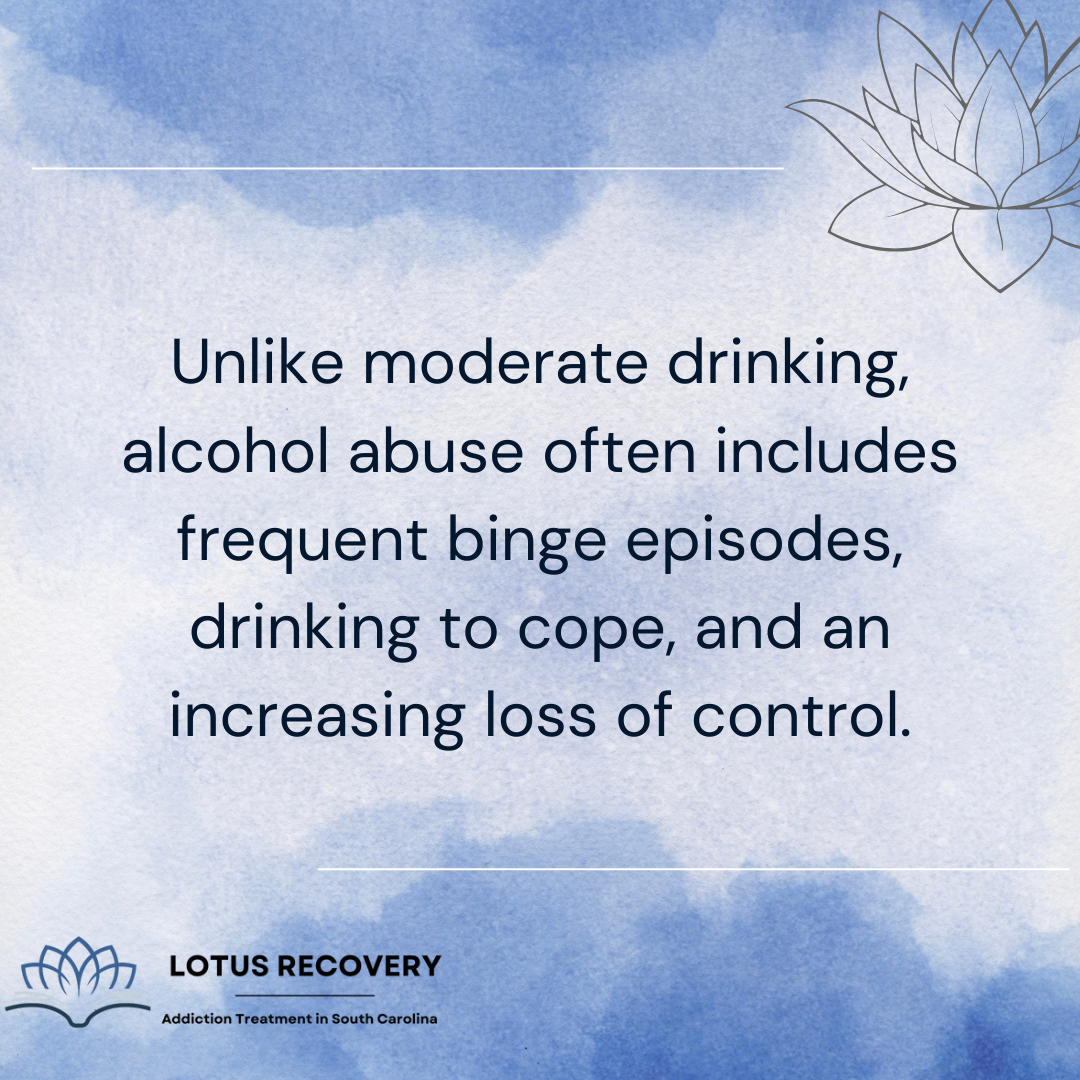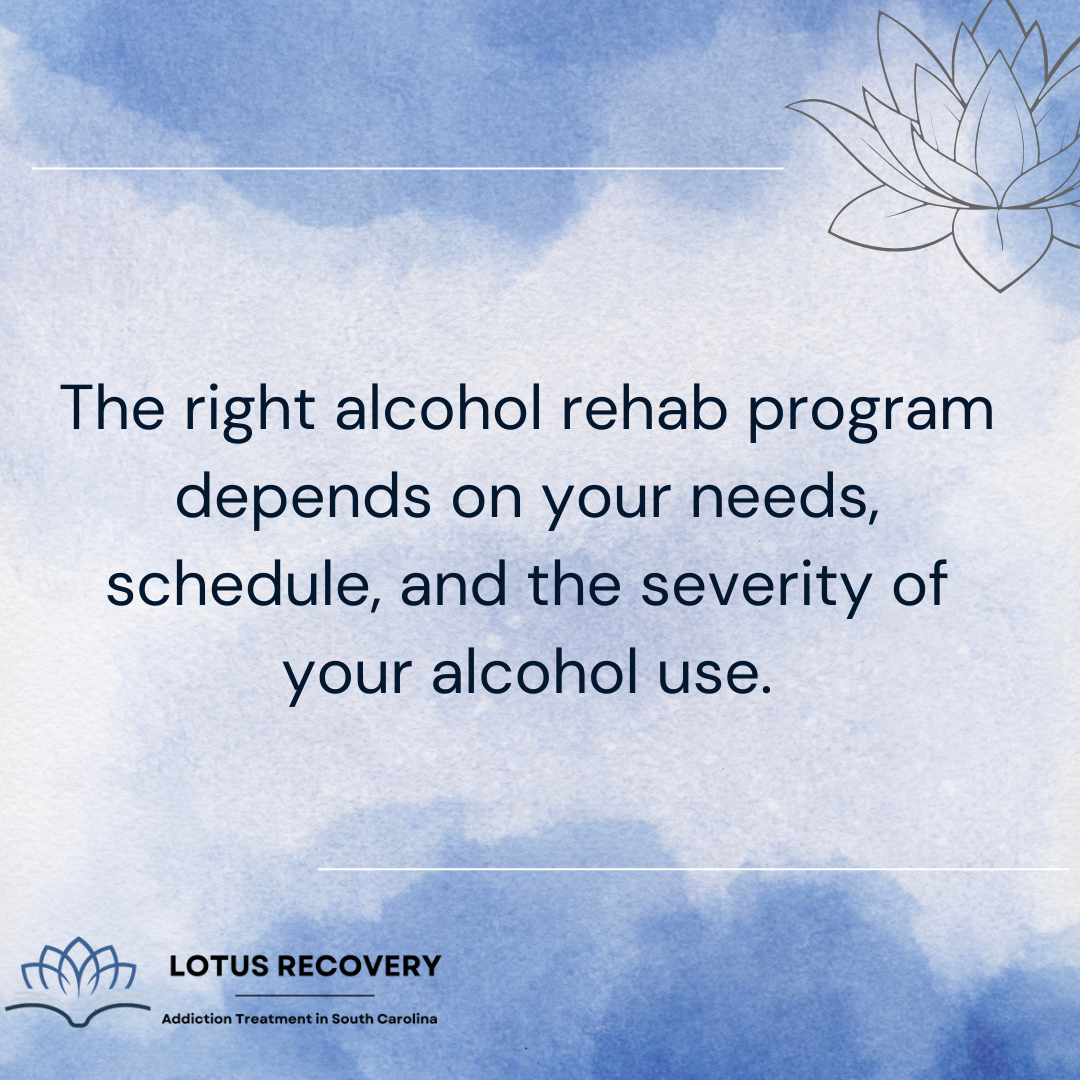
Discover when it’s time to seek help from rehab centers for alcohol abuse and what signs to look out for. Learn about treatment options and more.
Alcohol abuse doesn’t always look extreme from the outside. But over time, it can quietly damage your health, relationships, and sense of control. Whether it's daily drinking, emotional dependence, or the inability to stop once you start, the effects tend to build until they're impossible to ignore. This is where rehab centers come in, not just for severe cases, but for anyone struggling to break free from harmful patterns.
In this blog, we’ll walk through the key signs that it might be time to seek professional help and how these facilities can support real, lasting recovery.

Alcohol abuse goes beyond casual or social drinking. It involves patterns of use that start to interfere with daily life, responsibilities, and emotional well-being.
Unlike moderate drinking, alcohol abuse often includes frequent binge episodes, drinking to cope, and an increasing loss of control. Over time, it affects the brain, impairing decision-making, memory, and emotional regulation.
Rehab centers play a key role in helping individuals break this cycle.
They offer structured environments where medical support, therapy, and recovery tools are all part of the process. For those unable to commit to extended programs, there are also flexible options like short term rehab centers near me, designed to provide focused, effective care within a shorter time frame.

If you're struggling to stay alcohol-free or have looked into a 30 day program hoping it might help, you’re likely already aware that something isn’t right. Recognizing the signs early — before things spiral — is a powerful first step.
Here's what to look for:
Frequent hangovers, blackouts, or alcohol-related illnesses can become regular, not rare. Long-term use also puts serious strain on the liver, heart, and immune system. And these issues can become permanent if ignored.
If you’re dealing with heightened anxiety, depression, or mood swings, and alcohol is your main way of coping, it may be time to look beyond self-management. Alcohol often masks symptoms in the short term but makes mental health worse over time.
Rehab centers often hear from clients who’ve hit a tipping point: constant conflict with family, broken trust, or communication breakdowns that drinking helped create or worsen. When your relationships start revolving around apologies and damage control, it’s a serious sign.
Missing work, neglecting daily responsibilities, or seeing your performance drop are all signs that alcohol use is interfering. If alcohol starts coming before your priorities, even without realizing it, that’s a major red flag.
Trying to quit on your own, again and again, without success, is frustrating and discouraging. Withdrawal symptoms (physical or emotional) mean your body is dependent and needs structured help to recover safely.
Why Rehab Centers Are Essential
Whether you're considering 30, 60, and 90 day programs, the right environment can make a huge difference in starting recovery. Here’s what makes rehab centers in South Carolina (and in general) so essential:

Not all rehab centers are the same, and that’s a good thing. The right alcohol rehab program depends on your needs, schedule, and the severity of your alcohol use. Here’s a quick look at the most common options available:
These programs offer 24/7 care and a fully structured environment, making them ideal for individuals facing severe alcohol abuse or repeated relapses.
Rehab alcohol centers that offer outpatient care allow you to attend scheduled treatment sessions while continuing to meet work, school, or family responsibilities.
Short term rehab centers near me provide focused, intensive care (often in 30 day programs) for those who need help but can't commit to longer stays.
These programs are designed specifically for alcohol-related issues, offering targeted therapies, medical support, and relapse prevention plans tailored to drinking patterns and triggers.

If you're wondering whether it’s time to get help, ask yourself honestly: is alcohol interfering with your health, relationships, or daily life? If the answer is yes or even “maybe”, it’s worth talking to someone. You don’t have to have hit rock bottom to benefit from support.
Reaching out to local resources or rehab centers in South Carolina can be the beginning of real change. The hardest part is often just starting, especially with the fear of being judged or labeled.
Want to take action now? At Lotus Recovery, we offer a focused 30 day accelerated program designed to help you regain control with structure, support, and compassion. Get in touch today!

Reviewer
Henna is a content strategist with over 5 years of experience in behavioral health marketing. She specializes in creating informed, compassionate content for addiction treatment centers, using her deep understanding of the industry to educate, engage, and support individuals seeking recovery.